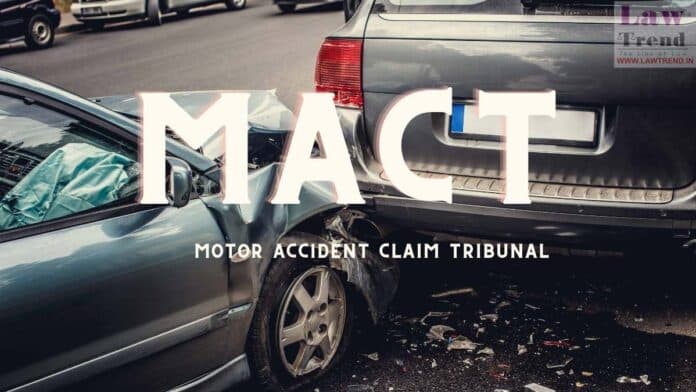The Motor Accident Claims Tribunal (MACT) in Thane has directed the owner and insurer of a bus to jointly pay ₹30.11 lakh as compensation to the family of an IT consultant who died after being hit by a reversing bus in 2020.
The fatal incident occurred on August 26, 2020, near Naupada on the Nashik–Mumbai Highway. The victim, Dinesh Yashwant Khot, was waiting at a bus stop when the bus, after passing by, was suddenly reversed at speed and in a rash manner without the driver checking behind. The vehicle struck Khot, causing him to fall, and the rear wheel ran over him. He succumbed to his injuries before reaching the hospital.
Khot’s wife and two children filed a claim before the tribunal, alleging negligence on the part of the driver and seeking compensation for their loss.
MACT member R.V. Mohite, in an order passed on Tuesday, held that the accident occurred solely due to the bus driver’s negligence. The tribunal ruled that the vehicle’s owner and insurer were jointly and severally liable to compensate the deceased’s family.
The insurer contested the claim, arguing a breach of policy conditions, stating that the bus driver only had a Light Motor Vehicle (LMV) licence and was not authorised to drive a mini-bus or heavy vehicle.
However, the tribunal rejected this argument after interpreting the relevant provisions of the Motor Vehicles Act. It observed that under Section 10(2)(d), the definition of an LMV includes transport vehicles whose gross vehicle weight or unladen weight does not exceed 7,500 kg.
“It means no separate endorsement on the licence is required to drive a transport vehicle of Light Motor Vehicle class,” the tribunal stated.
Since the bus’s unladen weight was 6,128 kg—below the 7,500 kg limit—and the driver held an LMV (Transport Class) licence, the MACT found no willful breach of insurance terms.
The tribunal awarded ₹30.11 lakh as compensation with 9% interest per annum from the date of filing the petition. The compensation will be distributed among the claimants, with significant portions directed to be placed in fixed deposits to ensure the family’s long-term financial security.




